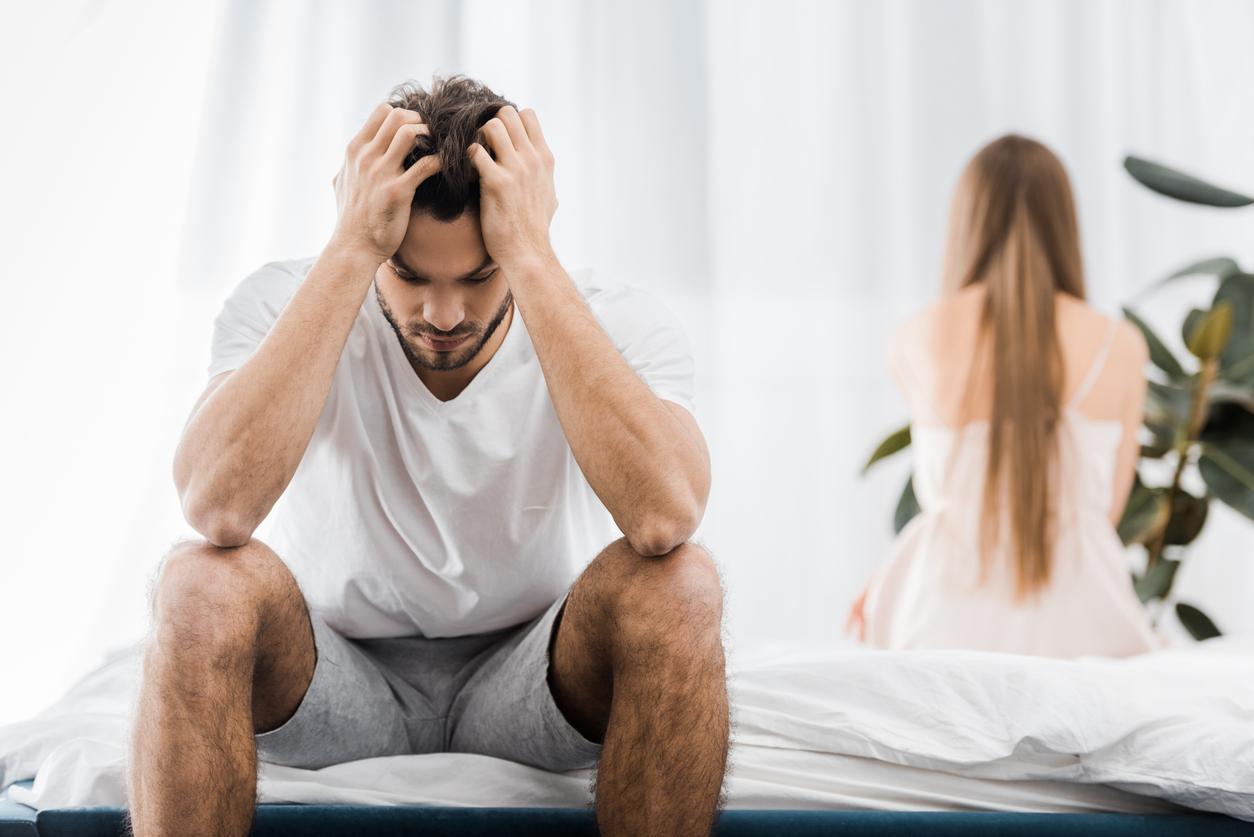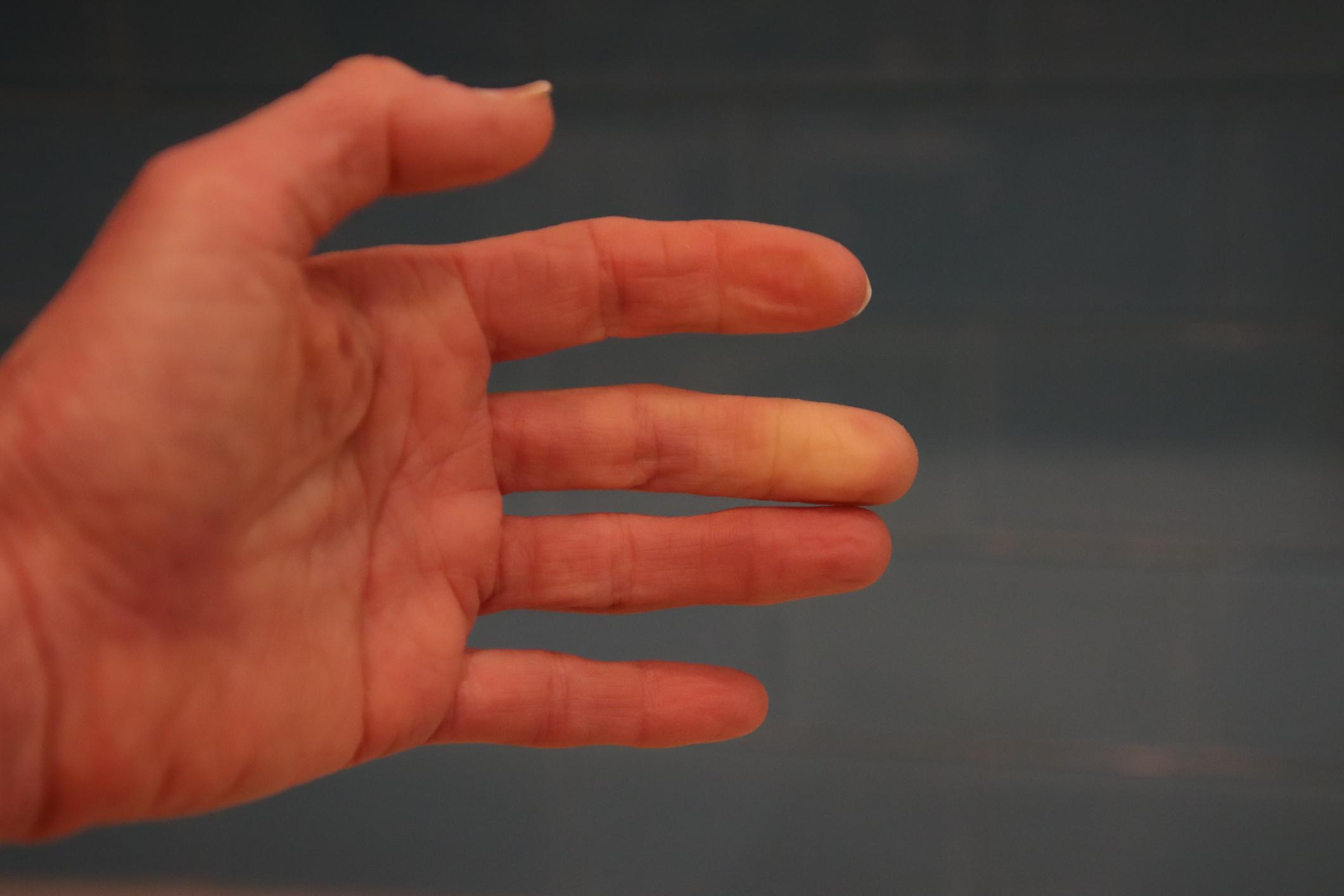
Good food makes you mentally resilient
An anxiety disorder does not have to arise between the ears at all; that might as well happen in the gut, says Swiss psychiatrist Gregor Hasler. With a healthy diet you can increase your psychological resilience.
We don’t find it surprising that anxious people have problems with their bowels more often than average. After all, we feel fear throughout our body and certainly in our stomach, where this emotion puts the digestive system on the back burner. But this traditional view—the psyche as the cause of vague physical symptoms—is only one side of the story. “Our guts are much more than just servants of digestion. They are an important sensory organ and an indispensable source of information for the brain,” says Gregor Hasler, physician and professor of psychiatry and psychotherapy at the University of Friborg in Switzerland. “Thanks to our gut feeling, we make better decisions and are less likely to get lost in the chaos of life.”
At least 160 different types of micro-organisms live in our gut, which exert a major influence on our emotional life. Hasler: “An anxiety disorder does not always have to be the result of a stressful event. Bad bacteria in our microbiome can also be the culprit. And also for other psychological and neurological disorders, including depression, autism and Parkinson’s disease, the cause may lie in the gut.”
A highway between brain and belly
Hasler’s fascination with the connection between the gut and the brain is not coincidental. In his book The gut-brain connection Hasler describes how he personally experienced the consequences of a disturbed gut-brain connection when, as an adolescent, he simultaneously suffered from severe intestinal cramps and gloomy moods. After he changed his mind—playing table tennis with his friends, eating bone marrow, and drinking more water—both his stomach pains and feelings of depression quickly disappeared.
During his medicine studies, the anatomy lectures were especially impressive. When Hasler held the vagus nerve in his hands—the large bundle of nerves that connects the brain to all internal organs and to the heart—he realized that the connection between the gut and the brain is not spiritual or fuzzy, but concrete and tangible. And when the abdominal cavity was cut open, it turned out that the gut has its own nervous system that uses almost the same messenger substances as the brain.
Just enough of a gut hormone
The vagus nerve, which runs like a highway between the gut and the brain, is a busy two-way street. The intestines provide the brain with all the information it needs, the brain ensures that the intestines receive sufficient blood and oxygen. In addition to this highway, the brain and intestines also communicate with each other via many provincial roads: the blood vessels. The blood vessels carry important messenger substances, such as serotonin and GABA, the majority of which is produced in our intestines. “Hormones and neurotransmitters act slower than nerve impulses but have a more lasting and general effect,” explains Hasler. “For example, serotonin in the gut causes a rhythmic contraction and relaxation of the intestinal muscles, and in the brain a state of calm happiness.” It is therefore not surprising that a deficiency of this ‘happy hormone’ has all kinds of unpleasant consequences: from annoying stomach complaints to anxiety, sleeping problems and a depressed mood. And also for other intestinal hormones, you better have just enough of them. Because both a deficiency of GABA, a substance with the same effect as Valium, and an excess of cholecystokinin (CCK), a messenger substance with an anxiety-increasing effect, can cause intense feelings of anxiety.
Type Woody Allen or Jack Nicholson
This is where the aforementioned microorganisms or microbiota come into play. They produce the precursors of these messenger substances and thus determine how much serotonin, GABA and CCK are available in our gut and brain. In addition, our intestinal inhabitants can influence the receptors, the proteins to which the messenger substances (such as hormones) attach. For example, in 2016 it was shown that the GABA system starts to function better due to the lactic acid bacterium Lactobacillus rhamnosus, because this bacterium makes the GABA receptors more sensitive. This bacterium also appears to increase the number of GABA receptors in some places in the brain and to decrease it in other places.
The most direct and quick way for bacteria to communicate their wishes to the brain is through the vagus nerve. They can stimulate these with their signal substances: ‘Watch out, don’t do that! That is dangerous!’ The major influence of intestinal bacteria has been conclusively established by various animal studies. After researchers introduced gut microbes from a brave breed – Jack Nicholson type – to mice with a nervous character – the Woody Allen type – these mice suddenly dared to jump off a raised platform. Conversely, Jack Nicholson mice that had received gut bacteria from Woody Allen mice lingered on the high platform for minutes. And mice that followed a diet to which the lactic acid bacterium Lactobacillus rhamnosus had been added, behaved a lot more relaxed and dared to stay longer in open spaces.
Disturbed balance
Not only the behavior of mice, but also that of humans is partly dictated by gut microbiota. When the stool of a patient with a mood or anxiety disorder is transplanted to a mouse, the mouse also behaves depressed or anxious. “In many people with a mental disorder, the bacterial balance in the gut is disturbed. This is called dysbiosis. Dysbiosis can cause a mental disorder, and conversely, psychological stress can worsen dysbiosis,” says Hasler. Besides stress, there are many more factors that influence the bacterial balance in our abdomen, including genetic factors, medication use and diet. “This means that with a healthy diet, you can boost your microbiome yourself.”
Bacteria for anxiety disorder
At present, intestinal diagnostics are not yet so far developed that a tailor-made mix of bacteria is available for every psychological disorder. “In ten years that will probably be the case,” Hasler thinks. “Then we will be able to target people with anxiety disorders with a course of probiotics, which replenish good bacteria, or with an antibiotic course, which kills bad bacteria.” So we have to be patient a little longer. Only for people with an anxiety disorder there is already hope. Hasler expects that treatment with the bacterium Lactobacillus rhamnosus could be beneficial for this group. In his own research, he was able to show that in an anxiety disorder the number of GABA receptors in the control centers in the front parts of the brain decreases, while the number of GABA receptors in the hippocampus, the deeper memory centers, is increased. And it is precisely this balance that Lactobacillus rhamnosus bacteria can restore.
Gregor Hasler is a Swiss psychiatrist, psychotherapist and neuroscientist. He is professor of psychiatry and psychotherapy at the University of Friborg. His research focuses on stress, resilience, nutrition and mood disorders.
This article originally appeared in +Gezond april 2022. Want to subscribe to the magazine? You can do that in an instant!















